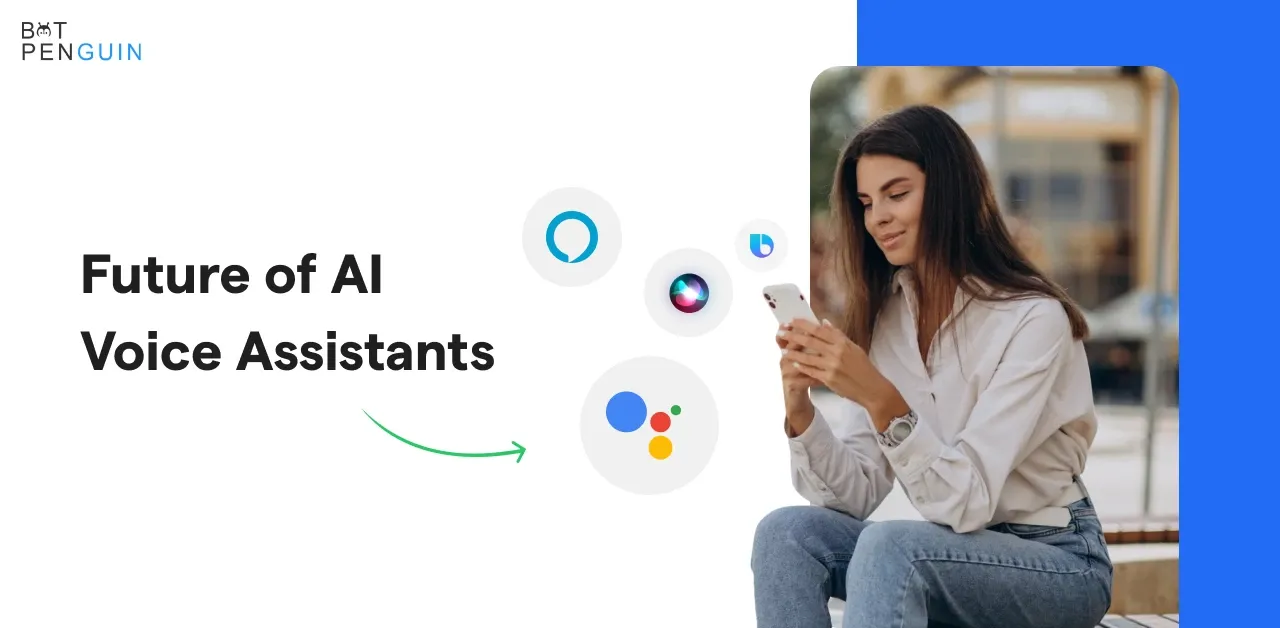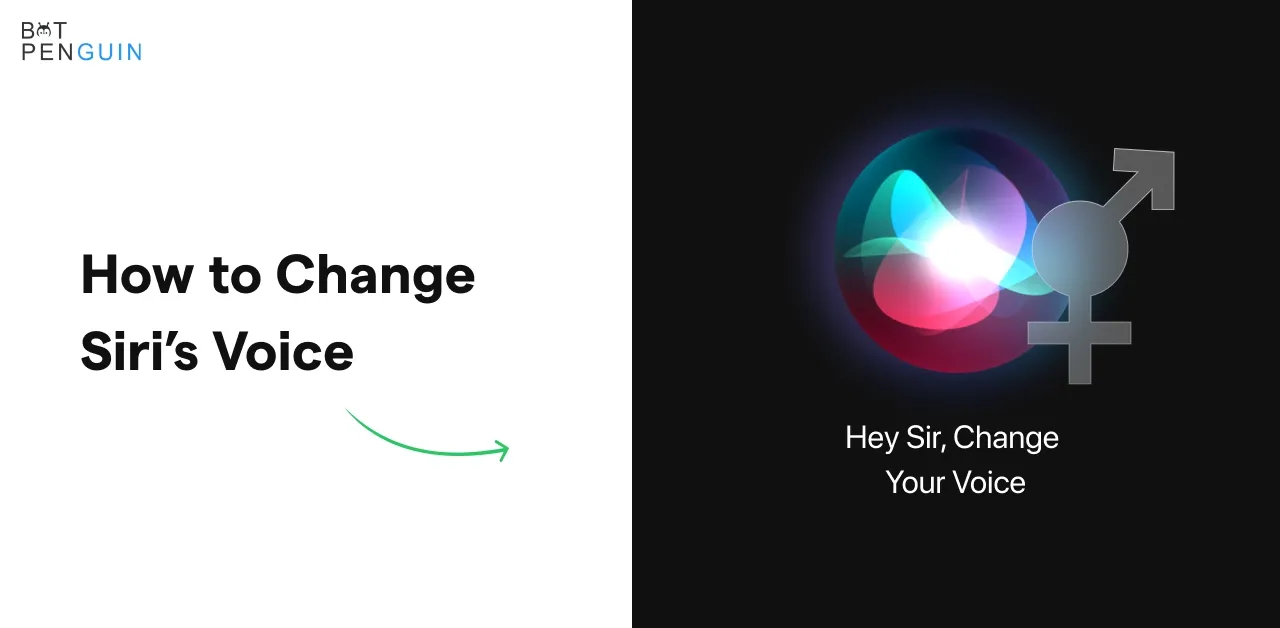Voice assistants are the growing face of Conversational AI. For years, Microsoft Cortana held its place among the frontrunners in this field.
However, as technology continues to advance, the voice assistant arena has become increasingly competitive and diverse.
According to Insider Intelligence, 46% of smart speaker owners now use voice assistants to have more choices in capabilities and integrations. The increase in connected devices fuels the demand for more personalized, smarter assistants.
While Amazon's Alexa and Google's Assistant still dominate with over 70% (Statista) market share, new voice assistant options like Apple's Siri, Samsung's Bixby are gaining traction.
As competition rises, dominant players will be pushed to advance their offerings.
So, let's dive in and discover what else is out in the world of voice assistants beyond Microsoft's Cortana!
What are the Voice Assistants?
Voice assistants are AI-driven digital programs designed to respond to vocal commands. They include popular ones like Siri, Alexa, and Google Assistant. They perform tasks like answering questions, setting reminders, controlling smart devices, and providing information.
Voice assistants enhance convenience and efficiency in daily life through natural language interaction.
Key Features of Voice Assistant Technology
Voice assistant technology boasts key features like speech recognition, enabling users to interact using natural language. It offers personalized responses, tailoring information and tasks to individual preferences.
Voice assistants can control smart home devices, providing automation and convenience. They access vast databases for answering queries and perform tasks like setting alarms, sending messages, and playing music.
Multimodal capabilities, including text and voice, enhance versatility, while continuous learning and updates improve functionality and relevance over time.
What is Microsoft Cortana?
Microsoft Cortana was a virtual assistant developed by Microsoft. Initially introduced in 2014, it aimed to compete with other voice assistants like Siri and Google Assistant. Cortana could perform tasks such as setting reminders, answering questions, and managing calendars.
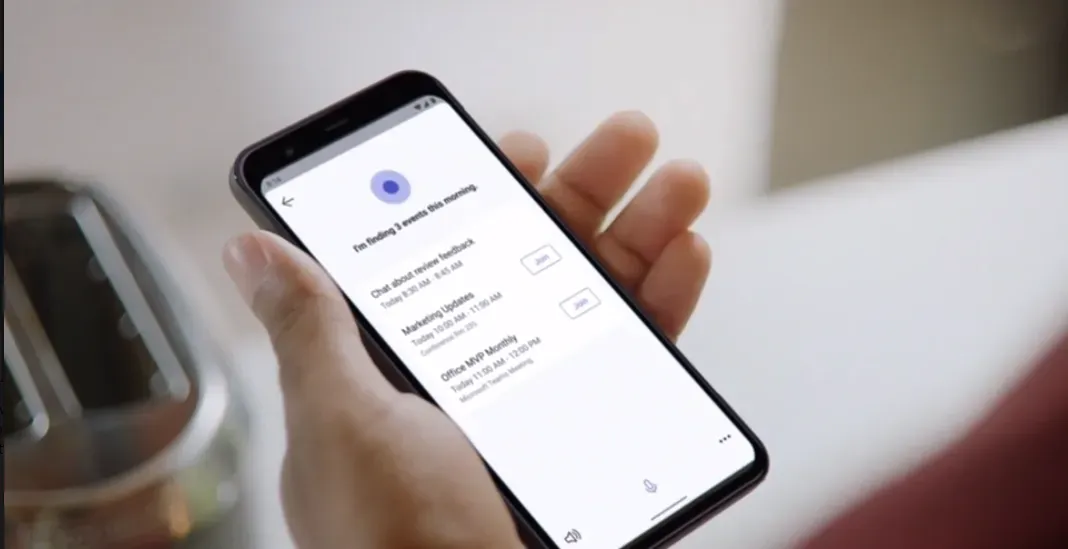
However, Microsoft discontinued Cortana in 2021 for consumer use, shifting its focus to integrating AI capabilities into other products and services.
Why To Discover New Voice Assistant Options Beyond Cortana AI?
There is a need to discover new voice assistant options beyond Microsoft Cortana for the following reasons:
- Diversity: Encourages innovation and competition in the voice assistant market, leading to better products and user experiences.
- Compatibility: Different voice assistants may work better with specific devices and platforms, enhancing compatibility and user experience.
- Avoid Monopoly: Prevents a single dominant voice assistant from monopolizing the market, fostering a healthy ecosystem.
- Customization: Different voice assistants may offer unique features and integrations, allowing users to tailor their experiences.
- Data Privacy: Users concerned about privacy may seek alternatives with different data handling policies.
Top 4 Voice Assistant Options beyond Microsoft Cortana
Below are the top 4 voice assistant options beyond Microsoft Cortana:
Siri: Apple's Intelligent Assistant
When it comes to voice assistants, Siri is a name that needs no introduction. Siri is Apple's intelligent assistant and can be found on all Apple devices. Whether you need to set reminders, send messages, or get information about the weather, Siri is always there to help.
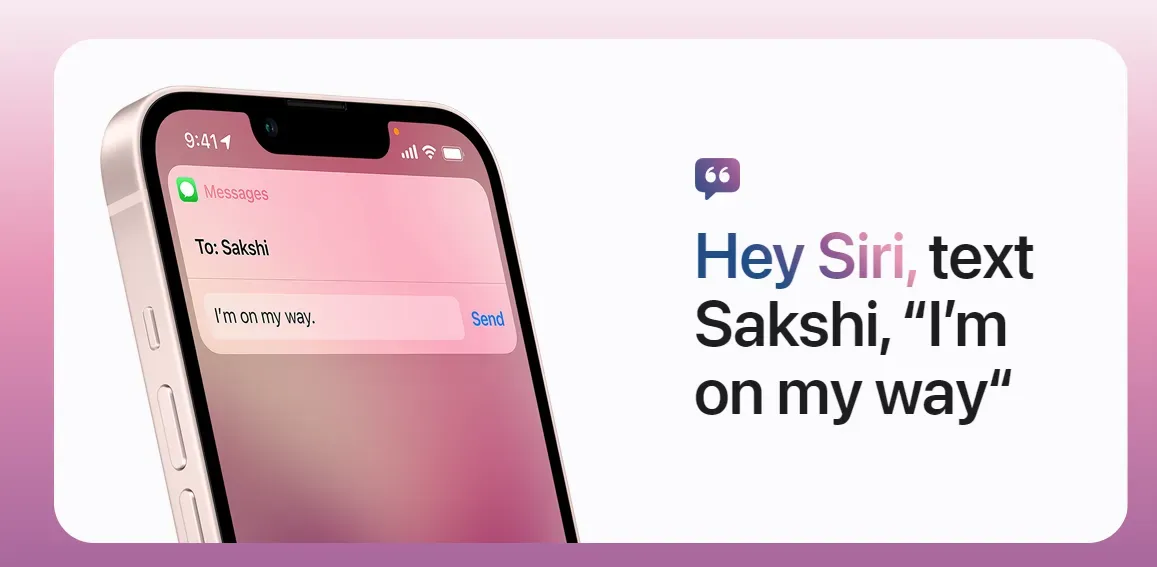
Key Features of Siri
- Hands-free control with "Hey Siri"
- Smart home automation
- Seamless integration with Apple apps and services
- Support for a wide range of languages and accents
Google Assistant: Your Assistant Everywhere
If you're an Android user, then you must be familiar with Google Assistant. Google Assistant is a powerful voice assistant that can do much more than just answer your questions. From setting reminders to controlling smart home devices, Google Assistant has got you covered.
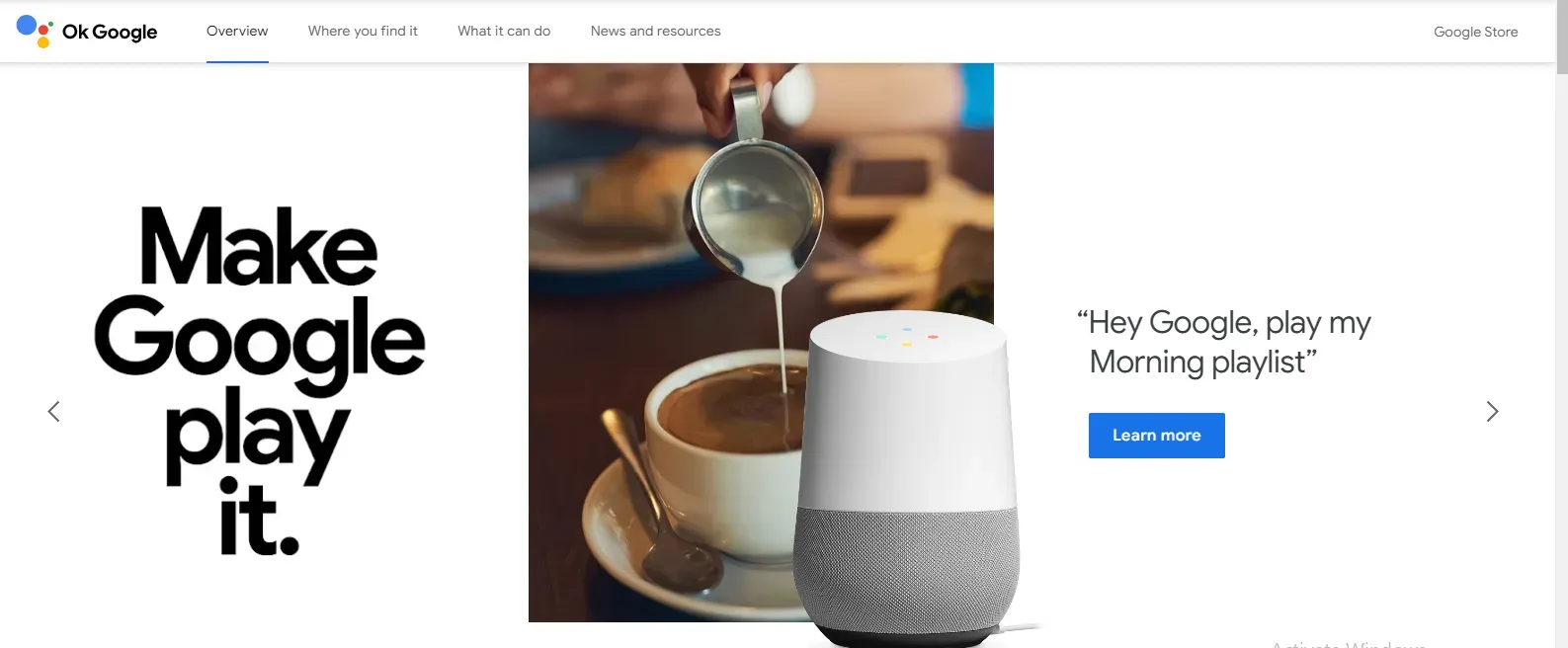
Key Features of Google Assistant
- Multilingual support and language detection
- Voice match for personalized results
- Routines for automating tasks
- Integration with Google services and third-party apps
Alexa: Amazon's Voice Service
Alexa is Amazon's voice service that powers the famous Amazon Echo devices. With Alexa, you can do everything from playing music to checking the news.
Its vast range of skills allows you to customize Alexa's capabilities according to your needs. Additionally, Alexa's integration with various smart home devices makes it an excellent choice.
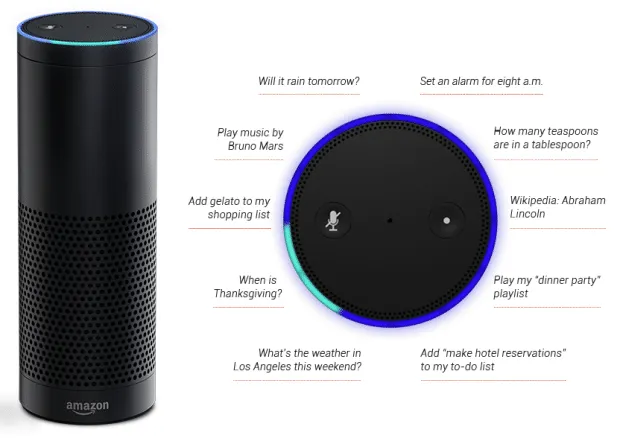
Key Features of Alexa
- Skills for adding new features and capabilities
- Integration with Amazon services like Prime Music and Amazon Shopping
- Echo Show for visual feedback and video calling
- Support for multiple accounts and personalized responses
Bixby: Samsung's AI Assistant
If you're a fan of Samsung devices, then Bixby is the voice assistant for you. Bixby comes pre-installed on Samsung phones and is designed to help you navigate your device with ease.
From opening apps to adjusting settings, Bixby is always ready to assist you. With its deep integration with Samsung services and devices, Bixby seamlessly integrates into your Samsung ecosystem.
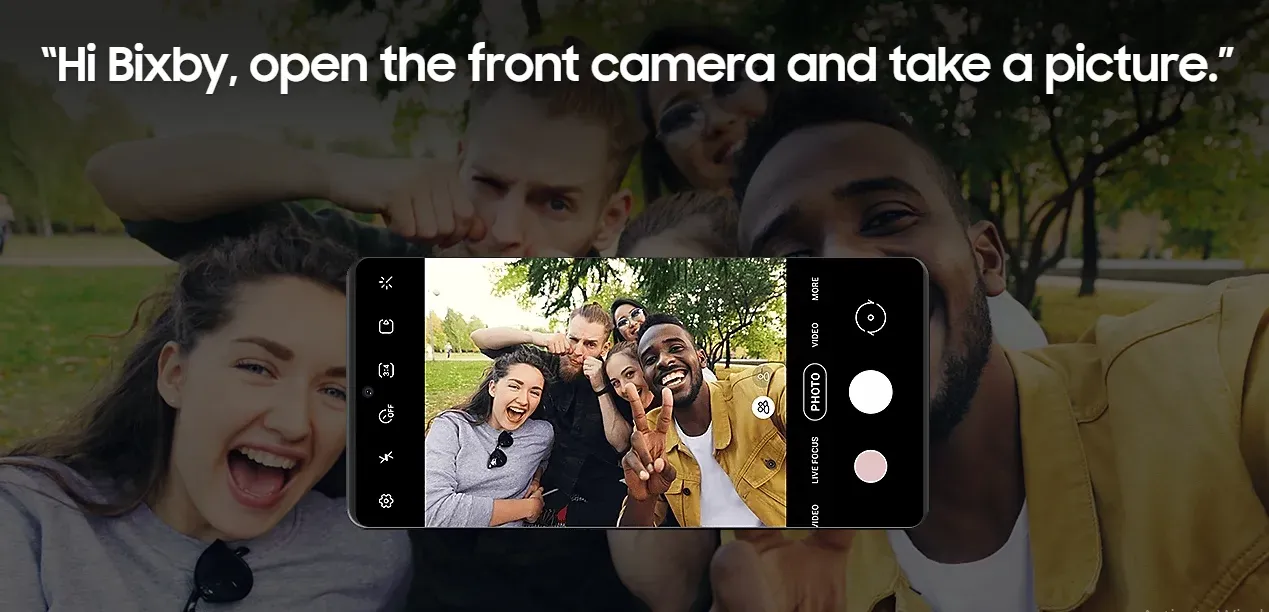
Key Features of Bixby
- Quick commands for automating tasks
- Integration with Samsung apps and services
- Bixby Vision for object recognition and translation
- Continuity for effortless device-to-device interactions
Conclusion
The landscape of voice assistants is expanding rapidly, providing more voice assistant options beyond early alternatives like Microsoft's Cortana. With so many new voice assistant options emerging, a 2022 survey by Voicebot.ai showed 54% of smart speaker owners have used multiple voice assistants.
Having options caters to different consumer preferences. Amazon's Alexa surpasses others for shopping features. Google's Assistant excels at search queries. Apple's Siri tightly integrates with iOS devices. Each has strengths and weaknesses.
Ultimately, competition is positive for consumers. The increased availability of personalized and multi-tasking assistants will continue advancing the technology. With privacy a growing concern, alternatives beyond big tech's early domination are appealing.
While Microsoft's Cortana was an early pioneer, the expanding landscape of voice assistant technology provides exciting new voice assistant options!
So explore these new voice assistants options beyond Cortana and find the perfect one for you.


